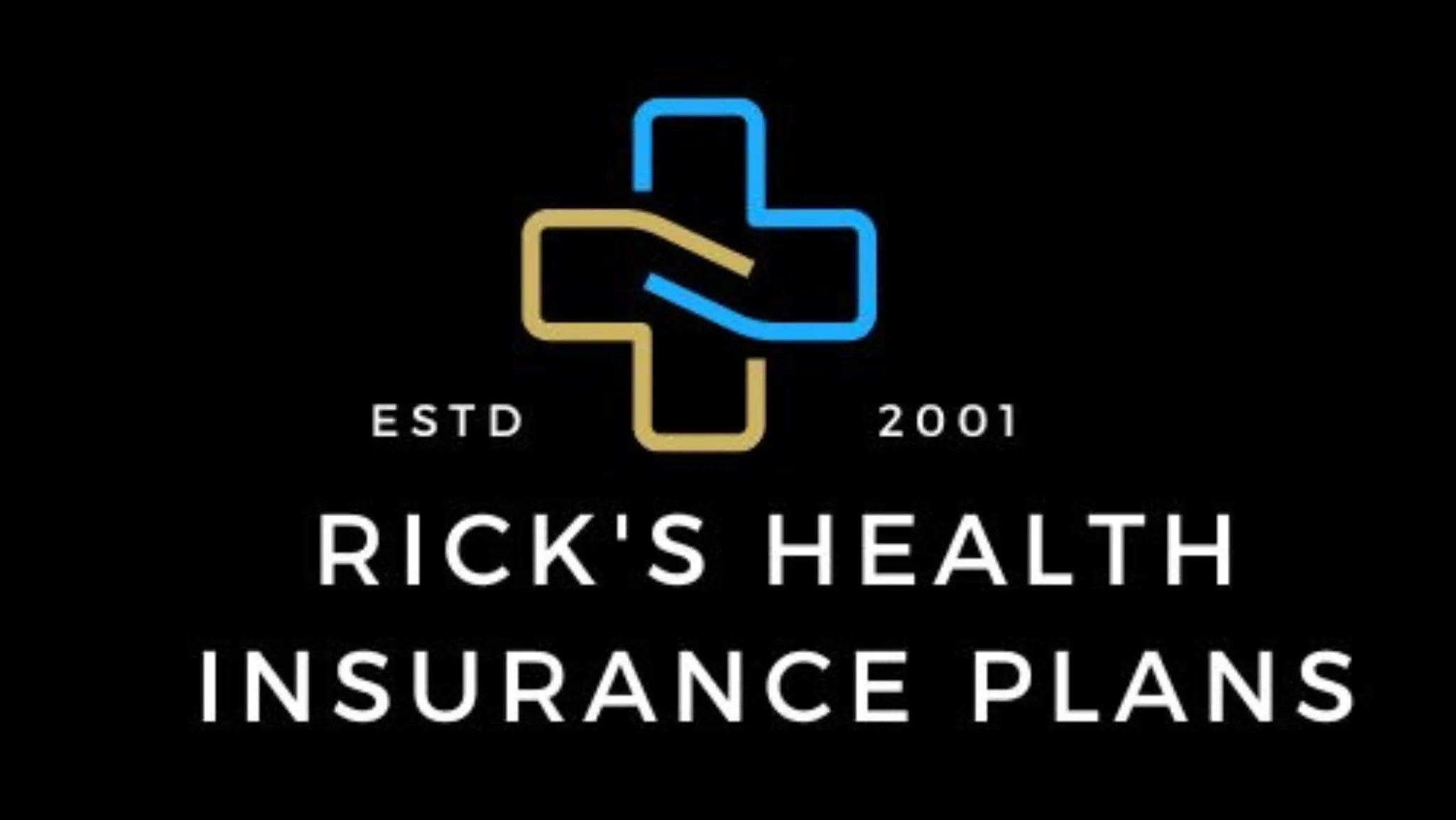7 Things to Consider When Choosing a Health Insurance Plan
Shopping for health insurance can be tough—we show you what to look for in a health insurance plan.
Shopping for a new health insurance plan can be daunting. With ever-changing information, pricing, and policies, figuring out what kind of plan you need can be confusing. Though it's a highly personalized endeavor, there are a few things that every would-be health insurance shopper should consider when hunting for a new plan.

Make sure the providers you want are in-network.
Love your current doctors?
Then it's crucial you find out if they will remain in-network for any insurance plan changes. (For reference: ricksinsuranceplans.com explains that "in-network provider" refers to a healthcare provider who is "...contracted by an insurance company and provides medical care to those enrolled in plans offered by that insurance company."
The term could apply to a variety of medical professionals, including doctors or even medical facilities.)
If you don't have a doctor you're already fond of, check out the list of in-network providers in your new potential plan. Then, reach out to the new doc to ask about standard office hours, if they are seeing new patients, and for their credentials. This way, you know what you're getting into before you switch.
You can always go a step further and check with the American Medical Association (AMA) for a provider's information. If you have a specific condition that requires you to see a specialist, make sure there is a specialist you like and trust in the new network.
Check out each health insurance plan's prescription drug coverage.
If you're currently on any prescription medication, you may want to dig deep into each potential new plan to see what drugs are covered. You can do so by asking for the insurer's "formularies" or lists of covered drugs. Insurers typically have a categorized list of prescriptions divided into tiers.
Generics tend to have the lowest copay costs, while brand-name prescription drugs will likely cost more. This means you need to read the fine print of any potential insurance plan, as some insurers may require patients to try lower-tier drugs before getting authorization to move on to brand-name drugs. (Note: You could always pay for the cost out of pocket, but why?)

Consider if you want to contribute to an HSA.
Some people love stashing a little cash into a health savings account (or an HSA). An HSA acts like a personal savings account that you can then use for medical expenses. An HSA could be ideal for just about anyone, including those who are young and healthy and want to put away money for a medical emergency or those facing retirement who want to offset some costs. Whenever you need to, you can withdraw money from an HSA for non-medical reasons before the age of 65. But, HSAs do come with restrictions.
According to ricksinsuranceplans.com, "You can use HSA funds to pay for deductibles, copayments, coinsurance, and other qualified medical expenses. Withdrawals to pay eligible medical expenses are tax-free." And "If you have money in your HSA when you turn 65, you can spend it on anything you want — but if you aren't spending it for a qualified medical expense, it will be taxed as income at your then-current tax rate."
According to IRS Revenue Procedure 2021–25, for the calendar year 2022, singles can make up to $3,650 in tax-deductible contributions to an HSA, while those on a family plan can contribute up to $7,300 tax-free.
- Those 55 and older can add an additional $1,000 in catch-up contributions.
2.Only specific plans allow users to make contributions, so if you wish to add one, ensure your new plan qualifies. Only high-deductible health insurance plans are eligible to contribute to an HSA. In 2022, qualified plans include those with minimum deductibles of $1,400 and maximum out-of-pocket costs of $7,050 for coverage for a single person. Family plans have a slightly higher minimum deductible of $2,800 and a much higher maximum out-of-pocket cost of $14,100.3
Look at your income to see if you qualify for tax credits.Yes, health insurance can be expensive, but the government may be able to help. The IRS offers what is known as the "premium tax credit," which is a "refundable tax credit designed to help eligible individuals and families with low or moderate income afford health insurance purchased through the Health Insurance Marketplace, also known as the Exchange."

How large of a tax credit someone receives depends on their income.
As the IRS explains, those with a lower income get a larger credit to help cover the cost of insurance, while those with a higher income may receive a small credit if they receive one at all.
If you decide to enroll in health insurance through the Exchange, you can choose to have the Exchange compute an estimated credit for you. That credit could then be paid to your insurance company, which in turn lowers your monthly premium. Of course, you can choose to get that money for yourself in the form of a credit when you file your tax return.So, who gets a credit?
Well, the math is a little confusing. "In general, individuals and families may be eligible for the premium tax credit if their household income for the year is at least 100 percent but no more than 400 percent of the federal poverty line for their family size," the IRS explains.While this number may change, in 2022, the Department of Health and Human Services shared that the poverty guideline was $27,750 for a family or household of four persons living in one of the 48 contiguous states or the District of Columbia.4 (It notes, "separate poverty guideline figures are developed for Alaska and Hawaii, and different guidelines may apply to the Territories.")
That means an individual earning between $13,590 (the poverty line) and $54,360 (400 percent above the poverty line) would qualify for a credit, while a family of four making between $27,750 to $111,000 would qualify.
Remember the deductible, not just the premium.
Yes, it's extremely easy to get sticker shock over the monthly premiums (the price you pay each month to maintain your health insurance), but it's crucial to look at the plan's deductible (the price you pay before the insurance company pays a claim) as well.
"I would caution people to look at all the plans and really think about: Is it worth paying a lower premium or paying a little bit more in order to have much lower out-of-pocket costs if something happens?" Louise Norris, health insurance expert and author of The Insider's Guide to Obamacare's Open Enrollment, shared with Real Simple.According to Norris, a generally healthy person may be OK choosing a high deductible with a low premium plan because that person may not ever need to use the insurance for emergency reasons. However, someone who is already facing a health challenge–say, battling cancer–may also want to go for a higher deductible but a lower premium plan. That's because a person battling cancer is likely going to hit that deductible no matter what but could save a bit of money by paying a lower premium instead.
It's people in the middle, with moderate healthcare costs such as an upcoming surgery or medical expenses, who need to put in the work.
"They're the ones who are oftentimes best served by one of the more mid-range plans," Norris said. "They really have got to drill down and personalize their plan to their own situation. I always advise people: Look at the total premiums you're going to pay over the whole year and look at your total out-of-pocket costs. Then, calculate a worst-case scenario, and then consider your total out-of-pocket costs in a medium-range scenario. And decide on a plan from there."
Look into any additional perks.
Health insurance plans aren't just there for emergencies. Many plans and providers also offer wellness programs and incentives that help keep members healthy and out of a doctor's office.
According to US News and World Report, those perks can include gym memberships, rides to doctor appointments, free counseling sessions, video conferences with doctors at any time, and even legal consultations.
If you need help, ask for it.If all of this feels overwhelming, that's because it sort of is. But that's OK because there are people who can help. Those people, Norris noted, include insurance brokers like ricksinsuranceplans.com.
"I think the first thing to do when looking for a new health insurance plan is to ask yourself: 'Do I feel comfortable doing this on my own?'" Norris said. "If you don't, which an awful lot of people don't, I think seeking help is honestly a good first step. That way, you're getting help from someone who has done this lots and lots and lots of times before."
Get started on your quest for a new health insurance plan and find one of those extremely helpful people at rickshealthplans.com.
Take the time to ask these key questions before making any decisions so you know exactly what kind of coverage you’ll receive at the best possible price With a little bit of research, effort and dedication, you can save a lot of money on your insurance plan. Check out this broker site that has access to all the best available plans...iquote123.xyz
Plans for Missouri, Arkansas and Texas here. Outside these areas here. Other videos on the subject here in Youtube. And on Google.


